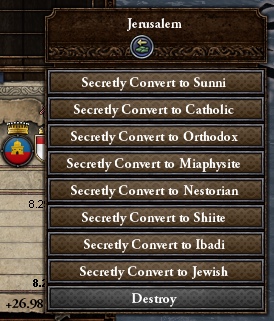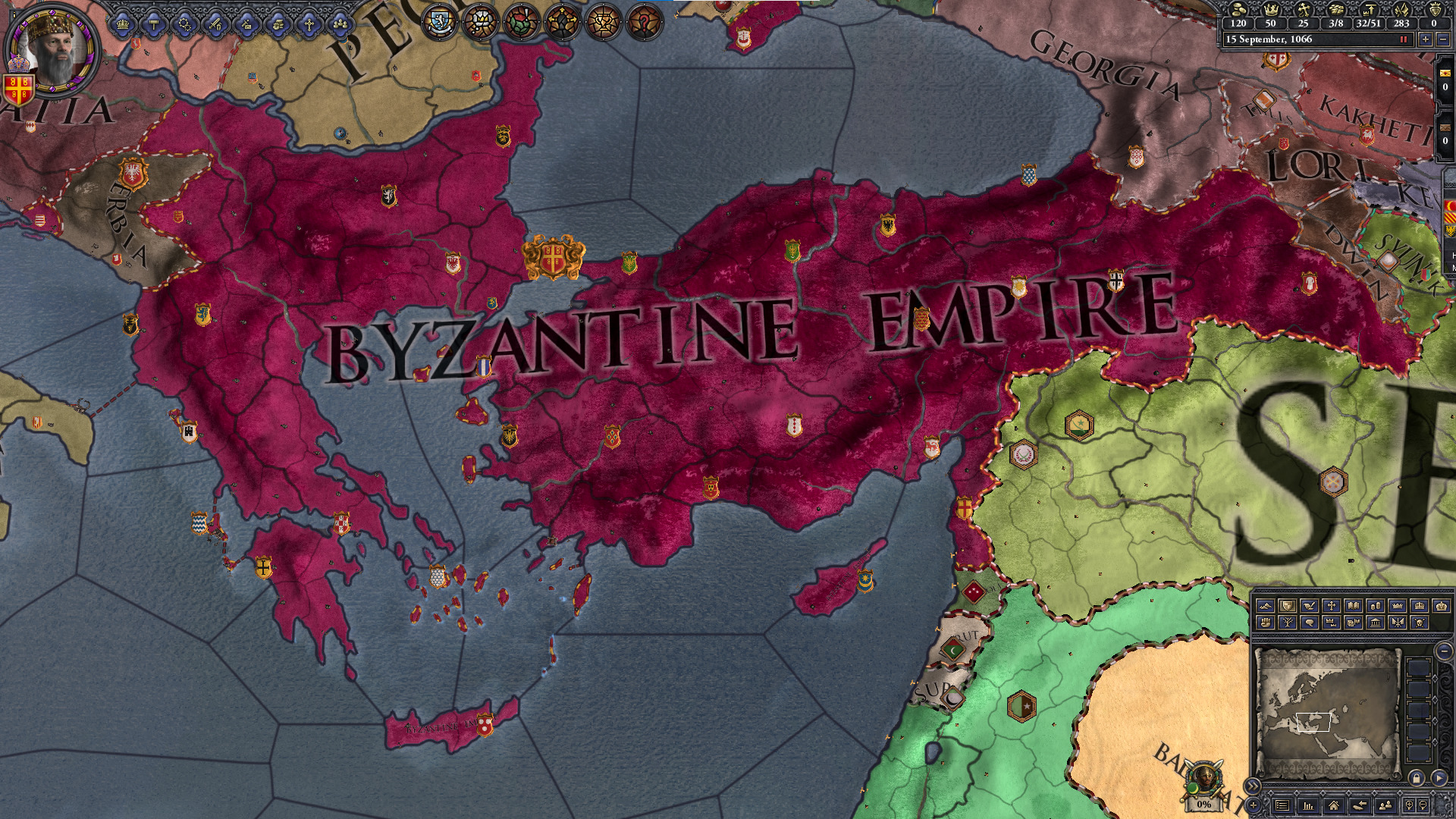

But even here difficulties may arise, depending on the inheritance laws of the kingdoms. when your playable character dies, you take over the life of the heir of your main title. At first glance, succession is easy to understand…. The main purpose of this guide is to introduce the basics of how it works, and then explain how to make it work for you. This makes them your main concern during the game, whether you are a simple count or an exalted emperor. The only real key to success in Crusader Kings 3 is succession, and the only way to fail is to die without an heir. What happens if you have too many, too few, or a variable number of children? How do you decide who gets what in a dynasty that spans years, decades and centuries? Who does what from one generation to the next? How do you handle all the possible situations (e.g., dead heirs, long-lived spouses, long-lived children) that can occur in long-lived dynasties? How do you know who to trust? Understanding the rules of succession is a key to successful dynasty building in Crusader Kings 2. Some people will focus on religious or dynastic ties, others will look for a spare heir or a marriage that will make the whole family happy, while others will prefer to have the best possible heir from the start. The world of Crusader Kings 3 is a complex one and there are many things to consider other than just a simple succession to the kingdom. Recently we wrote about the Crusader Kings 3 Succession guide.

It will help you understand the long-term strategies that you can employ in your play-throughs, explains the most effective means of advancing the game through the use of goals/objectives, and provides information about a number of different character traits and character traits in general. Crusader Kings 3 Succession Guide This guide is the primary resource for learning about the mechanics and game systems in Crusader Kings 2.


 0 kommentar(er)
0 kommentar(er)
